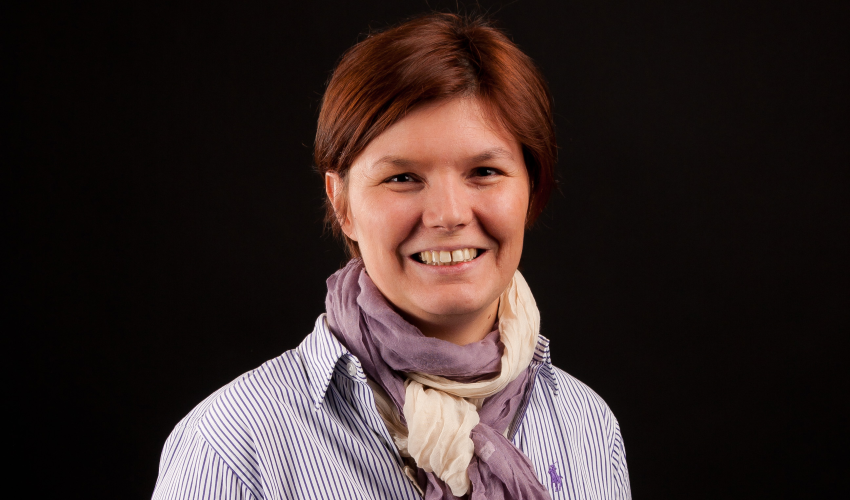
Change Management in Global Agencies
IN THE PRINCE, MACHIAVELLI EMPHASIZED THE RISKS AND DIFFICULTIES OF IMPLEMENTING CHANGE. BUT TO ACHIEVE THE GOALS SET BY THE UN IN THE 2030 AGENDA, INTERNATIONAL ORGANIZATIONS WILL HAVE TO MANAGE CHANGE PROACTIVELY TO INCREASE THEIR VALUE IN THE EYES OF STAKEHOLDERSby Greta Nasi, Dept. of Policy Analysis and Public Management, Bocconi
Translated by Alex Foti
It is often said that the only certainty in international organizations is uncertainty. More than ever, international organizations are faced with a context of increasing complexity both internally and externally. With reference to the internal dimension, there is a substantial difficulty for these organizations to proactively interpret the environment in which they operate. This makes it hard to identify and implement significant changes to respond effectively to the needs of various stakeholders. At the same time, looking at the external environment, over the last decade the pace of change imposed on organizations has increased significantly. The result is often unmanaged change, and a passive rather than a proactive approach, which has prevented substantial innovation. This has increased the difficulties of implementing effective reform, thus generating negative expectations as well as increasing resistance to top-down change. Such resistance is reflected by the lack of political will and of organizational change, often resulting in insufficient adaptation of new management tools to the specificities of international agencies and lack of effective communication.
These dynamics are nothing new. Already in the early 16th century Niccolò Machiavelli clearly presented the problem of change. In The Prince, he stressed the same difficulties and risks associated with the implementation of change: resistance to it and lack of commitment to make it effective. Change management doesn't only mean planning, organization and control, but effective leadership that is required to map stakeholders, understand their needs, and communicate the value generated by the organization. Leadership that must be understood not in individual but in collective terms: , leadership of the organization as a whole.
Within international agencies, these dynamics have led to pressures for change and the search for innovative managerial solutions that accompany organizations in pursuing Sustainable Development Goals (SDGs) and support the achievement of the goals set out in UN 2030 Agenda. Successful change is now a survival imperative for most organizations, and therefore requires agile solutions to do more with less, improve operational flexibility, increase levels of efficacy, transparency, and probity. In this context, individual organizations and their managers are required to re-orient the scope of their contribution in the light of SDGs, in order to introduce change that contributes to the concrete expression of shared actions that directly or indirectly facilitate their achievement. It assumes, therefore, the concept of "Delivery as One" (DaO), which requires that various organizations put their financial, human and financial resources to the service of the pursuit of shared goals, and convergent activities useful in addressing global policy issues.
In summary, the concept of DaO (a model that can also be extended to other organizations in their roles as executive partners) is the synthesis of good management, and shared and effective inter-organizational leadership involving UN agencies, governments and other donors, which is capable to creating consensus on change.
